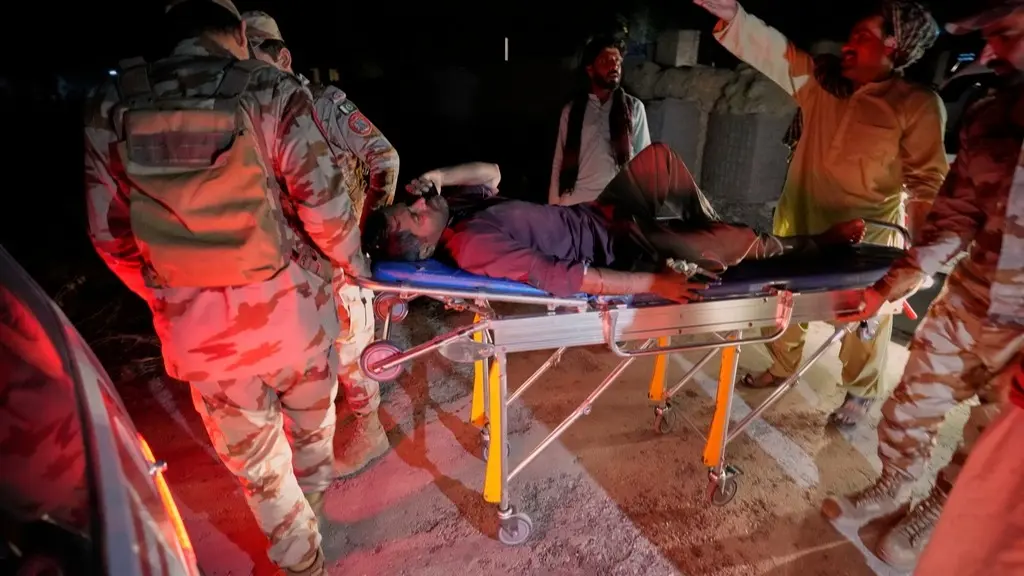Updated 31 March 2025 at 19:40 IST
Pakistan Saw At least 84 Attacks During Ramadan, Highest In Decade: Report
Pakistan saw the highest number of militant attacks in a decade during Ramadan, with at least 84 attacks, according to a report.
- World News
- 2 min read

Islamabad: Pakistan saw the highest number of militant attacks during the Muslim holy month of Ramadan in a decade, with at least 84 attacks, according to a report from a think tank. While some militant groups had previously paused hostilities for Ramadan, the country has experienced a general rise in violence in recent years.
The Pak Institute for Peace Studies reported at least 84 attacks during this year's Ramadan, which ended Sunday, compared to 26 attacks last year.
Attacks During Ramadan
The Pakistani Taliban, formally known as Tehreek-e-Taliban-e-Pakistan unilaterally ended its ceasefire with the government in November 2022, while the Baloch Liberation Army has enhanced its ability to carry out complex attacks, both contributing to the increase in violence.
Although some militant groups had previously halted hostilities during Ramadan, the country has witnessed a general rise in violence in recent years.
Advertisement
The outlawed BLA was responsible for a train hijacking on March 11 in Balochistan’s southwest province, which resulted in at least 25 fatalities.
Record Breaking Attacks
Another think tank, the Pakistan Institute for Conflict and Security Studies, recorded 61 attacks in the first three weeks of Ramadan, compared to 60 attacks during the previous Ramadan.
Advertisement
The institute also stated that this was the deadliest Ramadan in a decade for security personnel, with 56 killed between March 2 and March 20.
Abdullah Khan, managing director of the Pakistan Institute for Conflict and Security Studies, attributed the rise in violence to an overall escalation in militant activity.
“There has been a unification of various groups,” Khan said.
“Baloch factions are coming together, and in some northwest areas, the Hafiz Gul Bahadur faction is more lethal than the Pakistani Taliban, competing with them.” He also noted the revival of banned organizations like Lashkar-e-Islam, which operates in the northwest province of Khyber Pakhtunkhwa.
Pakistan Blames Afghanistan
Pakistan accuses the Taliban government in neighboring Afghanistan of providing a haven for such groups, claiming militants have thrived since the Taliban returned to power in 2021. Kabul rejects that.
Khan also pointed to intelligence failures, including those that led to the train hijack in Balochistan.
He highlighted the widening trust gap between the state and the population, stating, “It's important to get back public support. The public is the first line of defense.”
(with AP inputs)
Published By : Snehal Jaiswal
Published On: 31 March 2025 at 19:28 IST
